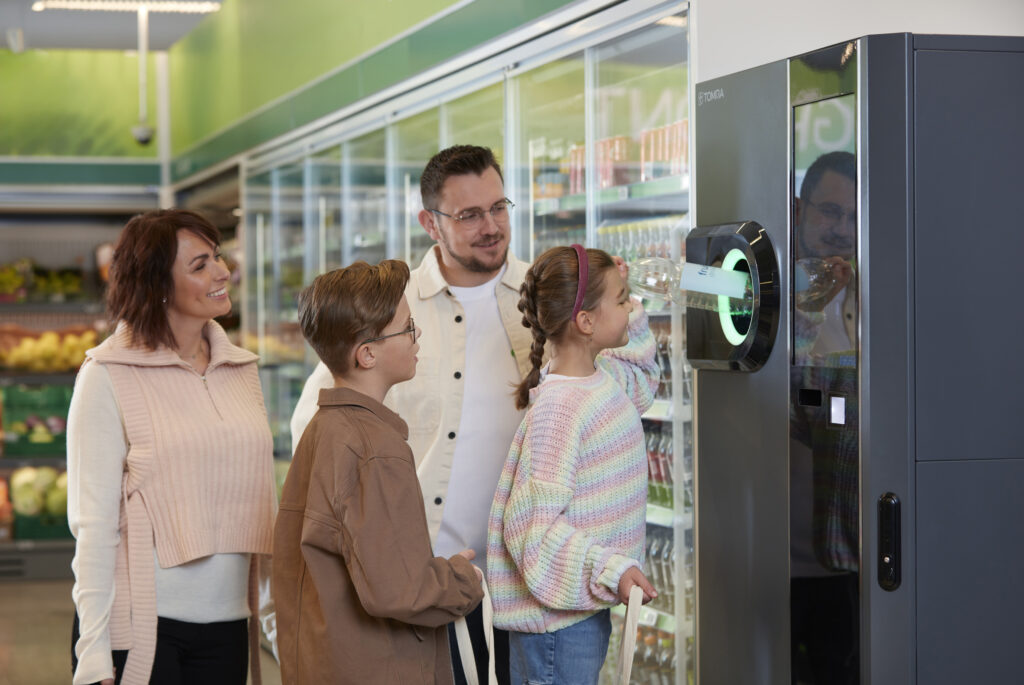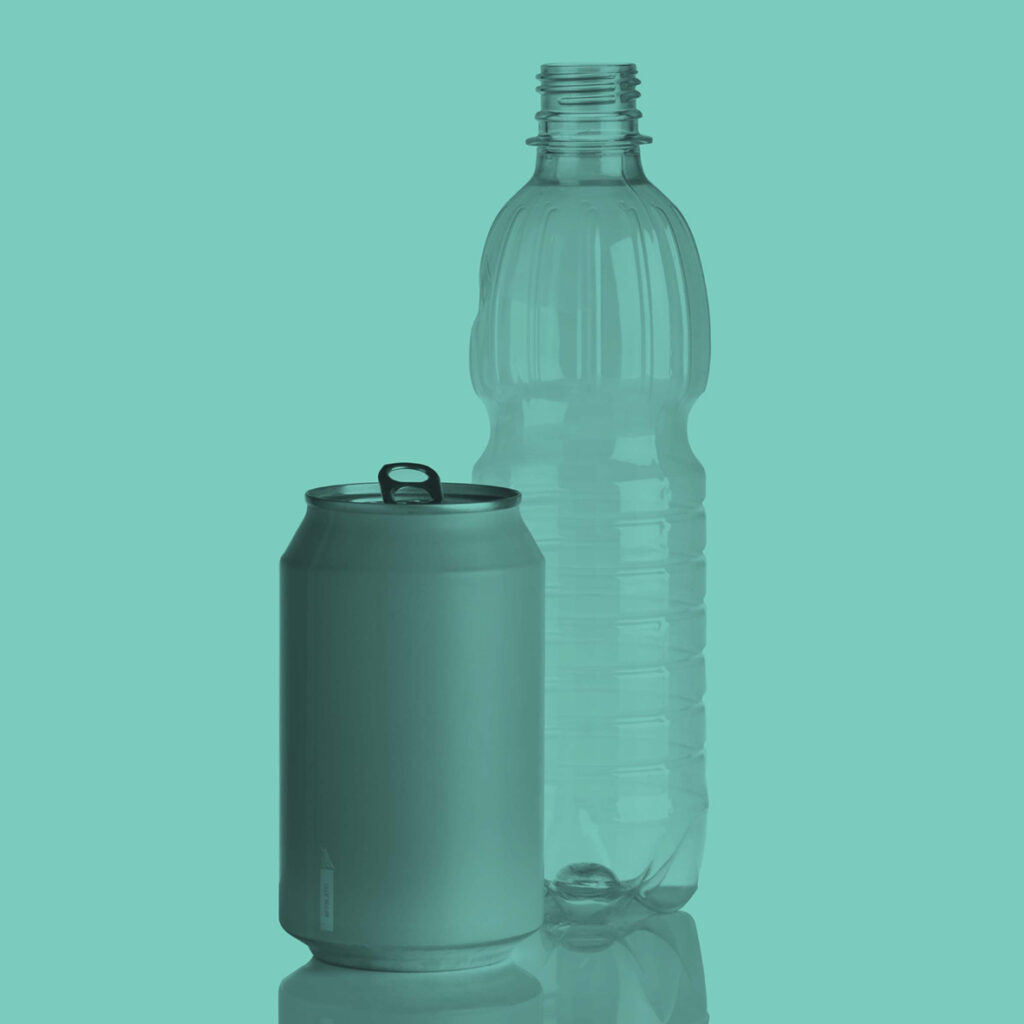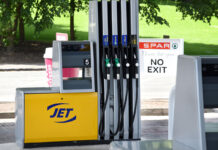
This article contains sponsored content.
The upcoming deposit return scheme (DRS) will launch in October 2027 and will transform how we recycle bottles and cans. Retailers will play a key role in the scheme by offering return points for consumers to bring back their drinks containers.
With this significant step towards a more circular economy, retailers will have a much more visible and vital role in the recycling process.
It’s crucial therefore to create a returns process which is simple to use, quick and engaging for both shoppers and store colleagues. Many retailers in DRS markets use reverse vending machines to collect containers, as it makes the process faster, more efficient and can boost footfall to the store.
TOMRA, a leading reverse vending machine manufacturer, highlights how retailers in Scotland can start preparing for the scheme.
Think of it like buying the drink and borrowing the bottle.
How does a deposit return scheme work?
- A small deposit is added to the price of drinks in cans or plastic bottles.
- When customers return the empty container, they get their deposit back – often through a reverse vending machine (RVM).
- Retailers receive a handling fee for every eligible container collected, helping cover the costs of participating in the scheme.
How should retailers be preparing?
“We encourage all retailers to start preparing early” comments Truls Haug, Head of New Markets EMEA at TOMRA.
“It’s important to understand the scheme and how it will work for your unique business. One key consideration is where a reverse vending machine could be placed within the store. TOMRA offers compact machines starting from just 0.6 sq. m, making them suitable for stores with limited space”.
Retailers should also factor in the handling fee per container collected, which will be provided by the scheme administrator, UK DMO. This fee is designed to cover the costs associated with participation in DRS.

Benefits of reverse vending for retailers
The benefits of using a reverse vending machine range from operational benefits to creating an engaging instore destination that attracts shoppers. Key benefits include:
- Space saving: Containers are crushed onsite, freeing up valuable storage space.
- Time saving: Staff don’t need to manually check or sort containers
- Accuracy: RVMs removes the potential for human error and ensures deposits are correctly paid out.
- Customer experience: A quick, easy recycling process builds loyalty and repeat visits.
- What makes a great recycling experience for shoppers?
Research by TOMRA has shown that 68% of shoppers choose where to recycle based on the quality of the previous recycling experience in the store. So, by creating a positive returns experience, retailers can unlock customer loyalty and drive footfall to the store.
The research also highlighted that recyclers particularly value:
- Easy-to-use machines
- A clean and tidy recycling area
- The ability to return all container types in one location
These factors contribute to a seamless experience that encourages repeat visits and enhances customer satisfaction.
Source: Average data from a consumer study conducted in 2022 via online survey panels across Sweden, Norway, Finland, Denmark, Germany, the Netherlands, and Slovakia. Each market surveyed 1,000 consumers aged 18–70 who return drink containers for recycling at least every second month.
TOMRA’s UK-based team is ready to discuss the upcoming deposit return scheme with retailers and explore the reverse vending solutions that might best suit their needs.
Get in touch: Email us: tcs.uk@tomra.com
Download a TOMRA brochure here: https://bit.ly/tomrabrochure






















